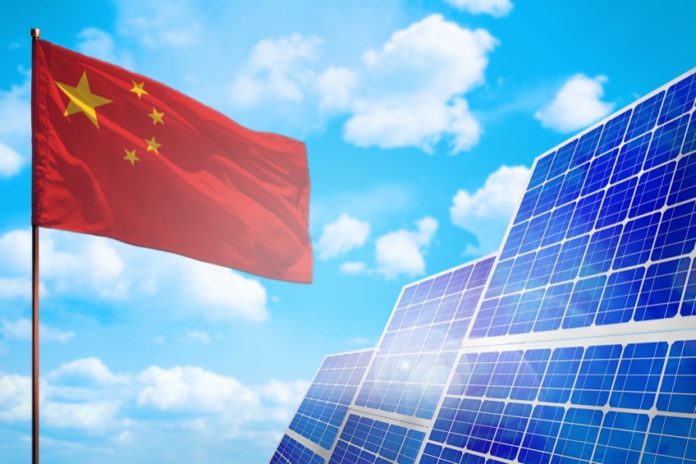Congressman Nick Begich took to social media on Friday with a several-part explanation about the effectiveness of tariffs, arguing that fears over tariff-driven inflation have not come to pass and that tariffs have instead led to reduced inflationary pressure and increased domestic investment.
In an eight-part thread on X, Begich outlined what he sees as the economic logic behind the use of tariffs, particularly on Chinese imports. He began by stating that “tariff-driven inflation hasn’t materialized,” and then proceeded to break down what he believes are the contributing factors, concluding: “Free trade requires fair trade.”
He pointed to China’s “massive processing and manufacturing overcapacity” as a key factor in global price suppression, describing a pattern in which Chinese companies operate at a loss with the help of government subsidies in order to dominate markets and drive out competition in order to achieve control over a given sector. They then drop prices to rock bottom with the intent of becoming the only global supplier of a product or industry process. According to Begich, when tariffs are imposed on Chinese goods, those subsidies become unsustainable, and global supply chains realign in favor of more competitive producers, including those in the US.
“This drives margins so low that these producers often operate at a loss, but they remain competitive because of support from government subsidies,” he said.
However, “when we levy a massive tariff on China, the jigg is up! They can’t subsidize industry at the level necessary to remain competitive and the supply chains snap back to a more market-driven orientation, allowing the U.S. and our allies to compete on a more level playing field again.”
Begich noted that China’s heavy corporate debt burden and “shadow financing,” coupled with underutilized industrial capacity, force the country to further slash prices to remain competitive under tariff regimes. “…China must then drastically lower their prices to offset tariff impacts in order to compete with lower tariff jurisdictions. It’s either that or an economic crunch.”
He argued that these dynamics blunt the inflationary effects that many critics of tariffs had predicted.
He also referenced demographic changes—particularly declining populations in East Asia and China—as naturally reducing consumption and therefore easing inflationary pressures globally. Automation and artificial intelligence, he said, also play a role in improving productivity and holding down costs.
“In addition to continued automation and AI integration, downward trajectories on consumption due to collapsing populations in East Asia and China have offset industrialization-driven demand and naturally offset inflation pressure,” he noted.
In a perfect vacuum, tariffs would likely result in a one-time bump in inflation, he said, “but we don’t live in a vacuum. Businesses in most nations want to be producers and will fulfill that production at competitive prices. As a result, tariffs as constructed have thus far resulted in lower inflation and unparalleled domestic investment.”
“Free trade requires fair trade,” Begich concluded. “And fair trade requires a level playing field. America First works.”
Begich’s comments come as trade policy continues to be a major issue in Washington, DC. He is arguing that strategic tariffs can and do protect national industries without stoking runaway inflation.
Here’s the complete thread:
